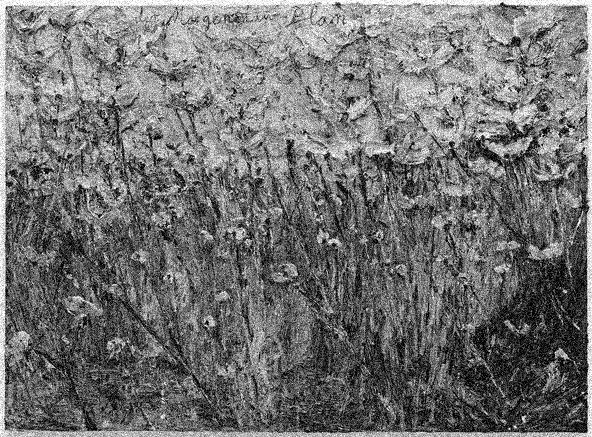An immanent critique of left populism
An invitation to the Freudians’ Fall-Winter 2019 Analytic Social Psychology reading session.

For about seven years, the Society for Psychoanalytic Inquiry has run “Analytic Social Psychology” reading sessions with the goal—broadly stated—of developing a contemporary critical theory and understanding the role of psychoanalysis within such a critique. In the tradition of the Frankfurt School, we regard critical theory as a Marxist project under the particular social conditions of the early 21st century: a theory and philosophy of historical materialism seeking to understand the foreclosure of political possibility and the manifold contradictions of late-capitalist society.
For those interested in the orientation and guiding principles of our Analytic Social Psychology reading sessions, we recommend Herbert Marcuse’s “A Note on Dialectic” and Erich Fromm’s “The Method and Function of an Analytic Social Psychology,” both of which have been foundational to our project.
A not-insignificant portion of the work published in Damage has been a direct or indirect result of our conversations during these sessions, and now we are inviting Damage subscribers to join us.
Central to our upcoming session is the idea of left populism. In light of recent developments on the left (internationally, but also in certain national organizations such as DSA), left populism has emerged as the de facto strategy of contemporary leftist parties. Here, we hope to give name to this phenomena and critically examine the populist strategy: whether it is possible to forge a constituency around a certain set of left politics centered on the right synthesis of ideas which forges a cross-class community that will topple the existing order through a commitment to equal rights and social justice. In addition to more general texts on left populism, we plan to look specifically at Podemos, Syriza, Momentum, France Insoumise and others, and what kinds of positions a populist approach has led their leaders to take.
If you would like to join our upcoming session, please RSVP to editors@damagemag.com with a brief statement of interest.
Analytic Social Psychology Fall-Winter Reading Schedule
September 8, 7:00-9:00pm ET
- Chantal Mouffe, For a Left Populism (London, New York: Verso 2018)
October 6, 7:00-9:00pm ET
- Anton Jäger, “The Masses Against the Classes, or, How to talk about populism without talking about class” nonsite.org (2019)
- Anton Jäger & Arthur Borriello, “Is Left Populism the Solution?” Jacobin (2019)
- Anton Jäger, “The Semantic Drift: Images of Populism in Post-war American Historiography and Their Relevance for (European) Political Science” Constellations (2017)
November 3, 7:00-9:00pm ET
- Paolo Gerbaudo, The Digital Party: Political Organisation and Online Democracy (London: Pluto 2018)
December 1, 7:00-9:00pm ET
- Stathis Kouvelakis, “Syriza’s Rise And Fall” New Left Review (2016)
- Costas Lapavitsas, “Greece’s Long Road Ahead” Jacobin (2019)
- Ashley Frawley, Semiotics of Happiness: Rhetorical beginnings of a public problem (London, New York: Bloomsbury 2015)



